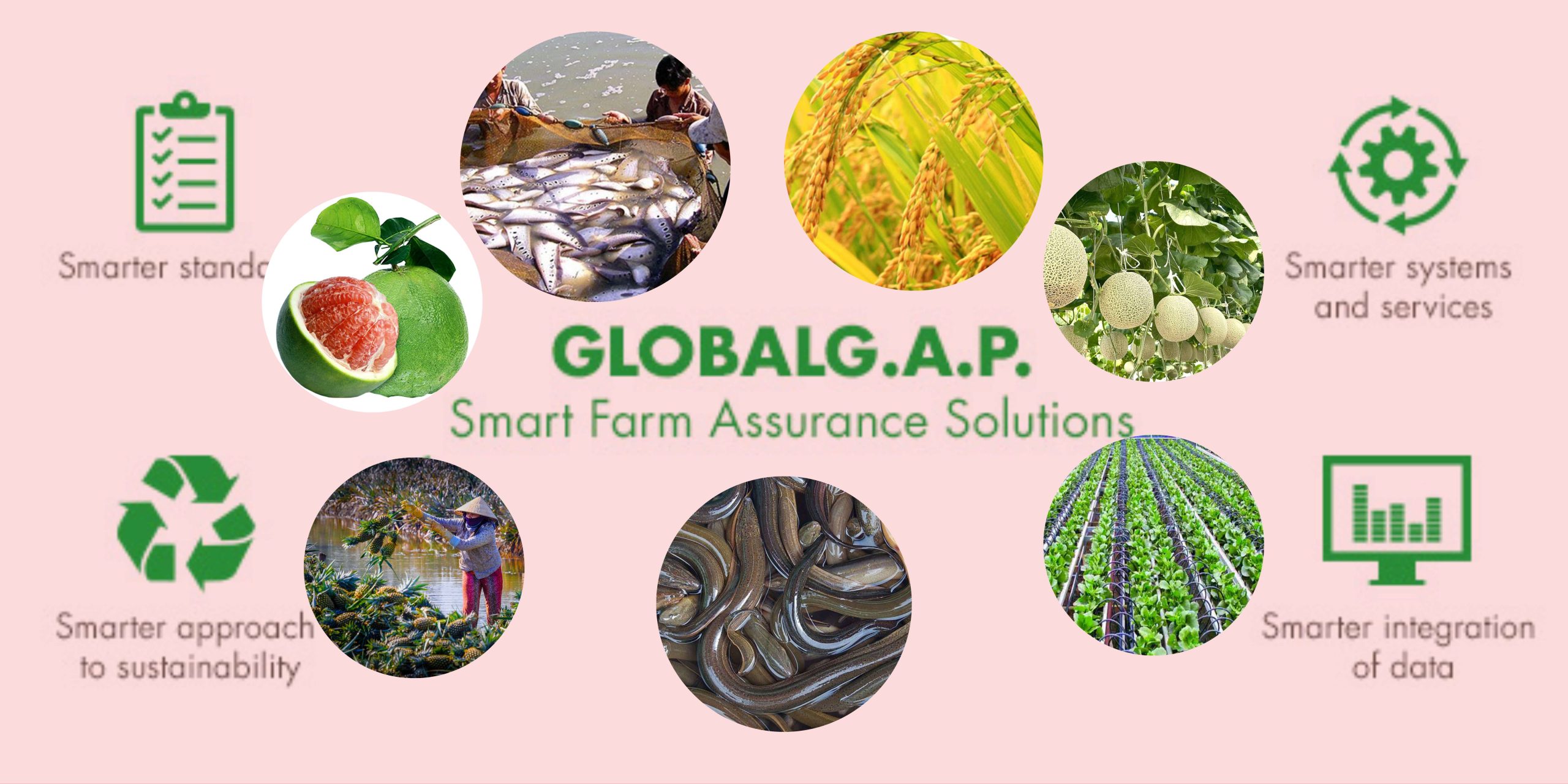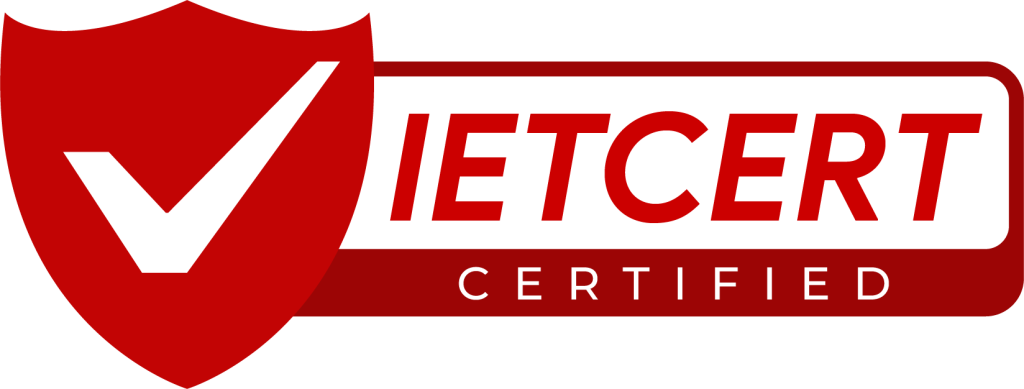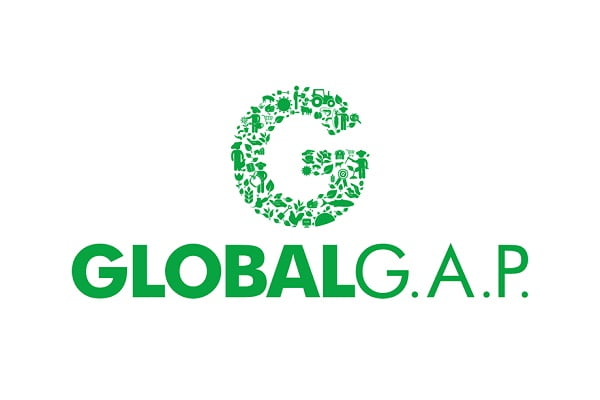GlobalG.A.P Certificate
GlobalG.A.P. is a brand that provides smart farm assurance solutions for plants and aquaculture, with the goal of advancing safer and more sustainable farming practices worldwide. Here are the key points about GlobalG.A.P. certification:
Purpose
Translating Consumer Requirements: GlobalG.A.P. serves as a farm assurance program that translates consumer requirements into Good Agricultural Practice. It ensures that agricultural and aquaculture practices meet certain standards and guidelines.
Origin
GlobalG.A.P. (formerly known as EurepGAP) was established in the late 1990s by several European supermarket chains and their major suppliers. It aims to create a common standard for farm management practices.
Scope
GlobalG.A.P. certification covers various sectors, including agriculture, aquaculture, and floriculture. It also extends to supply chains, ensuring that products meet specific safety and sustainability criteria.
Benefits
- Consumer Confidence: Certification assures consumers that the products they purchase adhere to responsible and safe production practices.
- Market Access: Many retailers and buyers require GlobalG.A.P. certification for sourcing products.
- Environmental Stewardship: It promotes sustainable farming methods and environmental protection.
Global Reach
GlobalG.A.P. operates in over 130 countries, making it a widely recognized certification program.
In summary, GlobalG.A.P. certification plays a crucial role in ensuring that agricultural and aquaculture practices align with global standards, benefiting both producers and consumers.
Criteria for GlobalG.A.P. certification
Company Traceability
Ensures that the entire supply chain can trace the origin of the product. Companies must maintain accurate records to track the journey of their goods from farm to market.
Environmental Aspects
Addresses waste management, environmental impact, and soil management. Guidelines cover responsible fertilizer use and sustainable practices.
Health and Safety of Workers
- Focuses on the well-being of company workers.
- Ensures safe working conditions and compliance with health standards.
Product-related Criteria
- Pesticide Application: Proper use of pesticides, minimizing risks to health and the environment.
- Irrigation: Efficient water usage and responsible irrigation practices.
- Integrated Pest Management: Encourages natural pest control methods.
- Product Collection and Handling: Guidelines for safe handling and transportation of fresh agricultural product.
Process Controls and Business Management
- Companies must demonstrate effective management of production processes.
- Optimization of direct and indirect costs contributes to overall efficiency.

How can farmers apply?
Understand the Requirements
Familiarize yourself with the Global G.A.P. standards and requirements applicable to your specific sector and scope of production. Global G.A.P. offers various certification options tailored to different types of agricultural activities, such as crop production, livestock farming, aquaculture, and more.
Pre-assessment and Gap Analysis
Conduct a pre-assessment of your farm operations to identify any gaps between your current practices and the Global G.A.P. standards. This gap analysis will help you understand what changes or improvements are needed to meet the certification requirements.
Implement Good Agricultural Practices
Implement the necessary practices and procedures to comply with the Global G.A.P. standards. This may involve establishing documented procedures for farm management, crop protection, water and soil management, worker health and safety, traceability, and environmental conservation, among other areas.
Document Management
Maintain detailed records and documentation to demonstrate compliance with Global G.A.P. requirements. This includes keeping records of inputs used on the farm, production processes, training activities, pest management practices, and any other relevant information.
Training and Capacity Building
Ensure that all personnel involved in farm operations receive appropriate training and capacity building to understand and implement the Global G.A.P. standards effectively. Training may cover topics such as food safety, environmental stewardship, and worker welfare.
Internal Audit
Conduct regular internal audits to assess the effectiveness of your farm’s implementation of Global G.A.P. standards. Internal audits help identify areas for improvement and ensure ongoing compliance with certification requirements.
Choose Certification Body
Select a reputable certification body accredited by Global G.A.P. to conduct the certification process. Certification bodies provide independent verification of compliance with Global G.A.P. standards through on-site audits and assessments.
Certification Audit
Schedule a certification audit with the chosen certification body. During the audit, auditors will visit your farm to assess compliance with Global G.A.P. standards based on documented evidence, interviews, and observations.
Address Non-conformities
If any non-conformities are identified during the certification audit, take corrective actions to address them within the specified timeframe. Corrective actions may involve implementing new procedures, providing additional training, or making improvements to existing practices.
Certification Decision
After completing the certification audit and addressing any non-conformities, the certification body will make a decision regarding certification. If your farm meets the requirements of the Global G.A.P. standards, you will receive a Global G.A.P. certificate valid for a specified period.
Maintain Certification
Maintain ongoing compliance with Global G.A.P. standards to retain certification. This includes conducting regular internal audits, updating documentation as needed, and participating in surveillance audits or re-certification audits as required.
Read more:
WHAT YOU NEED TO KNOW ABOUT COMMERCIAL INVOICE

